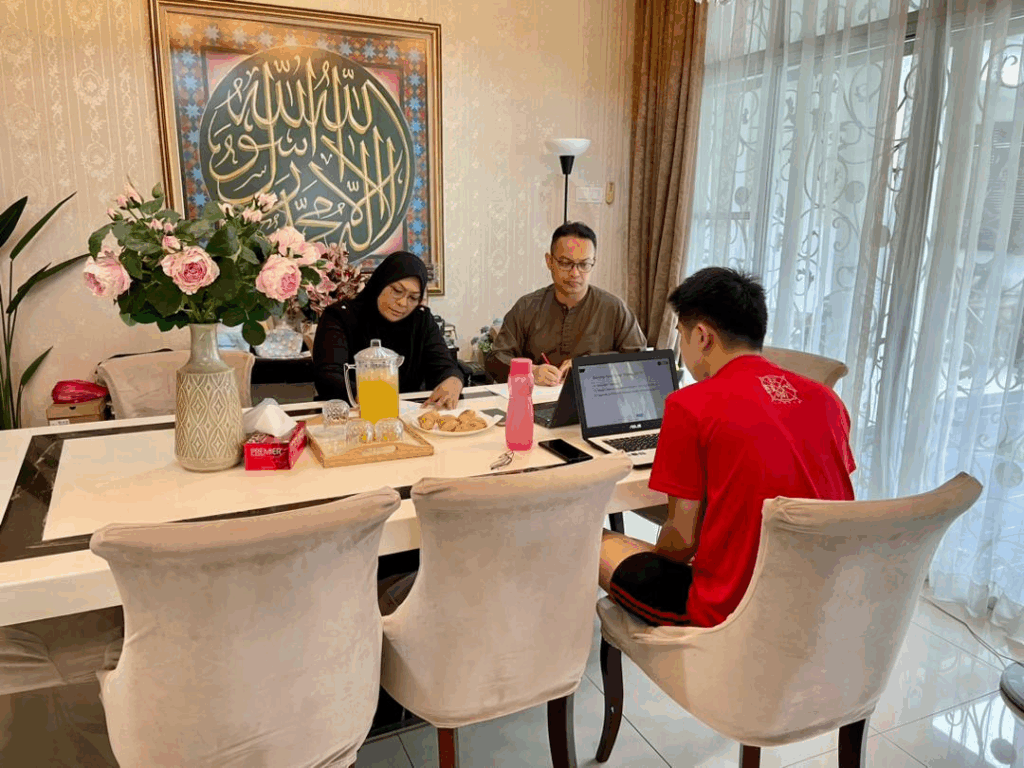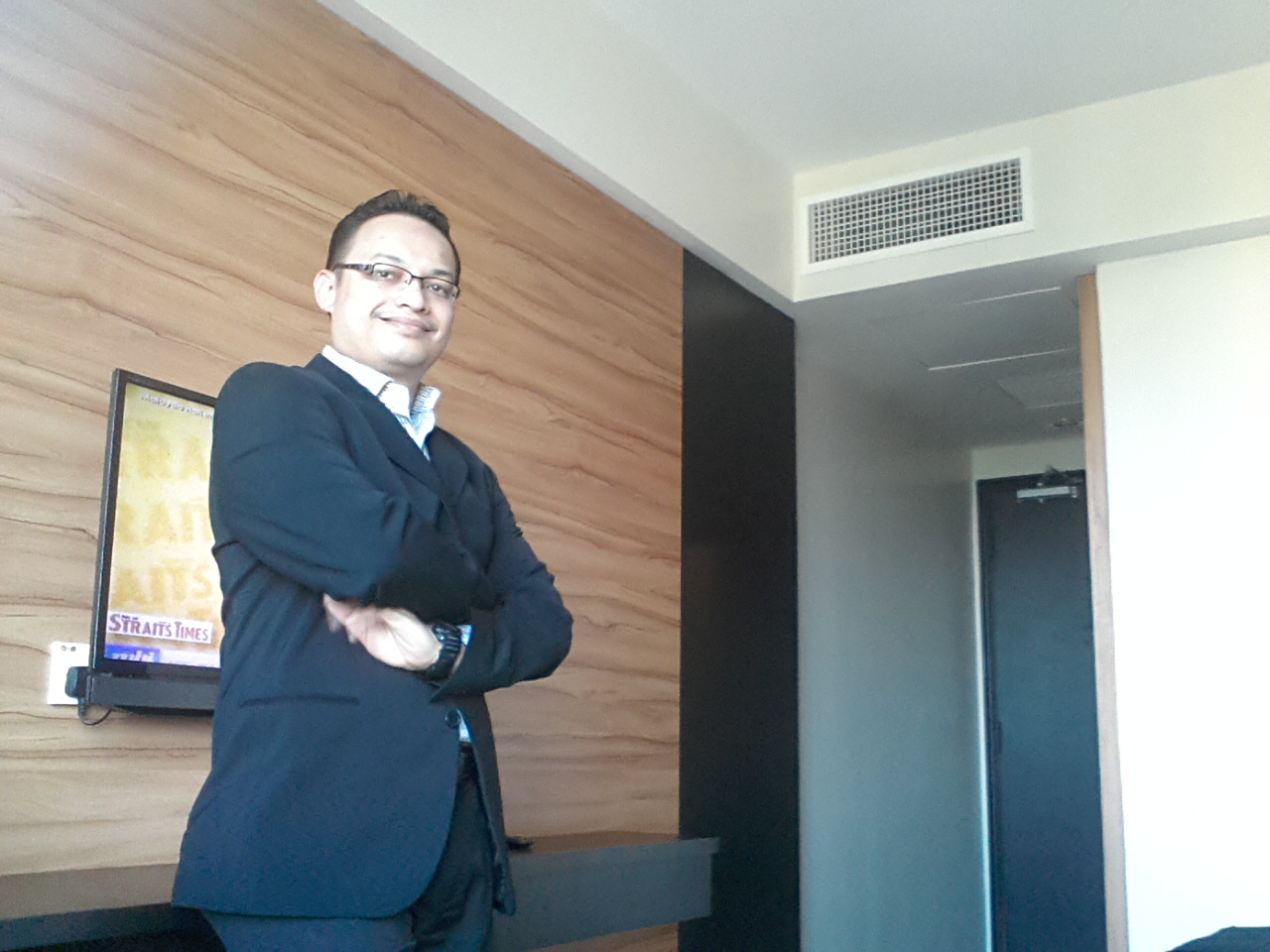

Today, my morning and early afternoon were dedicated to an important task, serving as part of the PDRU postdoc monitoring team. The monitoring session was held at UTM RMC, divided into two panels. The first team consisted of Prof. Dr. Farid Said and PM Dr. Ezza Syuhada Sazali, while the second team, hosted in my office, was made up of myself and Prof. Hafiz Dzarfan. Each team was assigned to review 10 postdoctoral researchers who were appointed in 2023 (the majority) and 2024. Off course, the Postdoc secretariat were with us.
The session was engaging and insightful, with each postdoc presenting their progress, challenges, and research outputs. By 12.30 pm, we had completed all our scheduled reviews for the day.
Monitoring postdocs is a crucial exercise for the university. These researchers are appointed with the clear expectation of producing high-quality Q1 and Q2 journal papers, contributing significantly to UTM’s research excellence and global reputation. Through structured monitoring, we ensure that they are on track with their research objectives, receiving the guidance they need, and delivering outputs that strengthen the university’s standing in international rankings.
For me, it was not just a formal evaluation. It was also an opportunity to interact with highly talented researchers, understand their work in depth, and help them navigate challenges so they can produce impactful results. In the end, effective postdoc monitoring is not just about accountability; it is about nurturing excellence and driving innovation for the benefit of the university and the broader research community.

Other tasks today include attending the Pra-JKPD meeting of PPMU at T03.
#20242025 Day 039
#Friday








